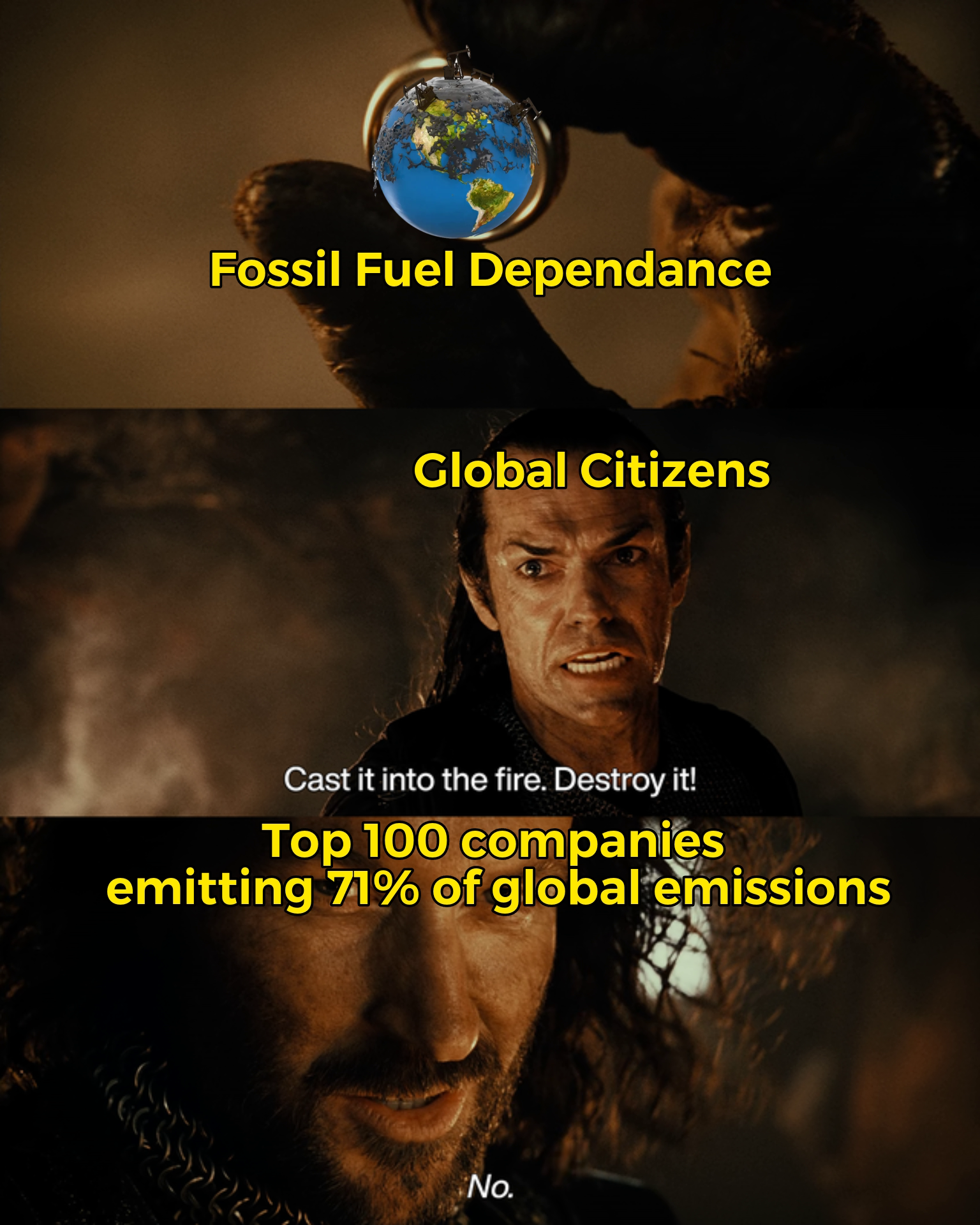this post was submitted on 19 Apr 2024
832 points (96.2% liked)
Science Memes
11205 readers
2517 users here now
Welcome to c/science_memes @ Mander.xyz!
A place for majestic STEMLORD peacocking, as well as memes about the realities of working in a lab.

Rules
- Don't throw mud. Behave like an intellectual and remember the human.
- Keep it rooted (on topic).
- No spam.
- Infographics welcome, get schooled.
This is a science community. We use the Dawkins definition of meme.
Research Committee
Other Mander Communities
Science and Research
Biology and Life Sciences
- !abiogenesis@mander.xyz
- !animal-behavior@mander.xyz
- !anthropology@mander.xyz
- !arachnology@mander.xyz
- !balconygardening@slrpnk.net
- !biodiversity@mander.xyz
- !biology@mander.xyz
- !biophysics@mander.xyz
- !botany@mander.xyz
- !ecology@mander.xyz
- !entomology@mander.xyz
- !fermentation@mander.xyz
- !herpetology@mander.xyz
- !houseplants@mander.xyz
- !medicine@mander.xyz
- !microscopy@mander.xyz
- !mycology@mander.xyz
- !nudibranchs@mander.xyz
- !nutrition@mander.xyz
- !palaeoecology@mander.xyz
- !palaeontology@mander.xyz
- !photosynthesis@mander.xyz
- !plantid@mander.xyz
- !plants@mander.xyz
- !reptiles and amphibians@mander.xyz
Physical Sciences
- !astronomy@mander.xyz
- !chemistry@mander.xyz
- !earthscience@mander.xyz
- !geography@mander.xyz
- !geospatial@mander.xyz
- !nuclear@mander.xyz
- !physics@mander.xyz
- !quantum-computing@mander.xyz
- !spectroscopy@mander.xyz
Humanities and Social Sciences
Practical and Applied Sciences
- !exercise-and sports-science@mander.xyz
- !gardening@mander.xyz
- !self sufficiency@mander.xyz
- !soilscience@slrpnk.net
- !terrariums@mander.xyz
- !timelapse@mander.xyz
Memes
Miscellaneous
founded 2 years ago
MODERATORS
you are viewing a single comment's thread
view the rest of the comments
view the rest of the comments

Because it's too difficult to measure, and it affects the entire world in a diffuse way, instead of affecting a small group of people in a really concentrated way.
If a factory's process resulted in extremely loud noise for their neighbors, the neighbors would try to get the factory shut down. They'd get involved in local politics. They'd show up to town meetings, etc.
If a factory's process resulted in a river getting polluted, affecting hundreds of thousands of people, but in a way that is hard to measure and tough to notice, they might get away with it. It would be hard to figure out exactly what damage is being done. Maybe cancer rates in the area are slightly higher than usual, but it takes scientists and doctors to notice that. Maybe that gets people outraged enough that some of them try to get the place shut down, but other people are going to be out there saying the factory is a source of jobs, and that maybe it wasn't actually pollution that caused the cancers.
With CO2 emissions, the effect is global, and any one factory's emissions are extremely tough to nail down. The affected people mostly aren't local, they're around the entire world. Even if they want a factory to be shut down, they have no leverage because they might not even be in the same country as the factory. And, since every factory does it, you can't easily narrow the focus down on one individual factory. Plus, that factory employs people, and if you shut it down they lose their jobs.
So, that's the problem with trying to focus on a form of pollution that is diffuse and worldwide.
The other issue is how would you determine the "true price". The price of something being sold is based on the cost of the goods needed to produce it, any fees, fines or taxes the company needs to pay, what they think people will spend, etc. So, maybe you think the price should be higher. How do you arrange that? You could increase the price of the items the company is buying. But, that just shifts the problem to a different company. You could add fees or fines, but a lot of people hate the idea of carbon taxes, and when governments threaten them, companies threaten to move somewhere else where those taxes don't exist.
It seems like you haven't really thought this through.